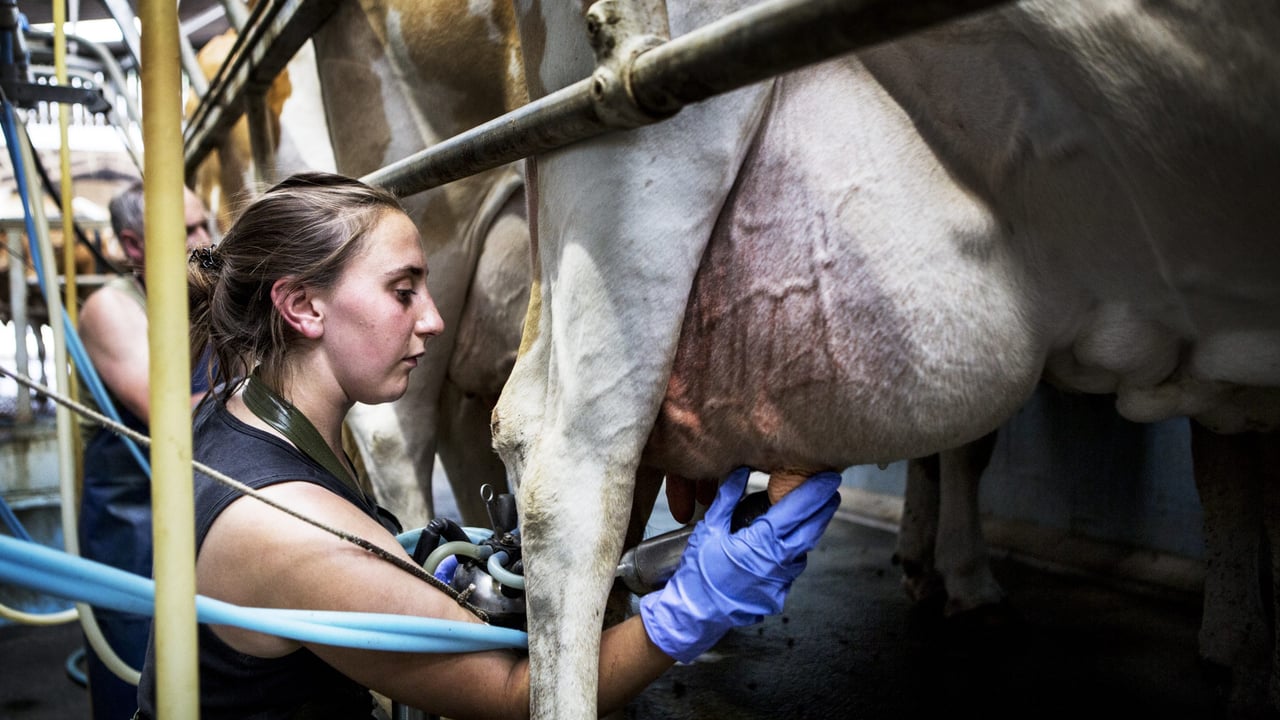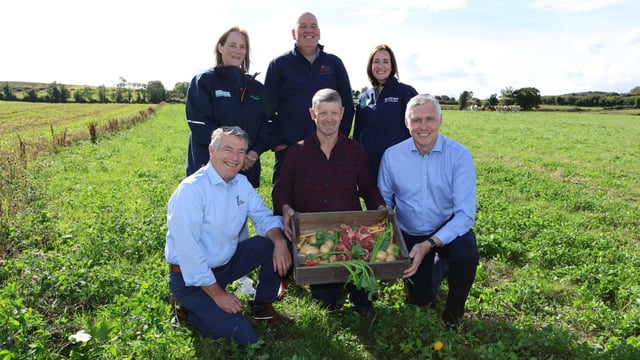Women farming in the EU face 'issues' with finance access - Roche
Women across Europe are facing issues with access to finance, according to the Irish Farmers' Association (IFA) farm family and social affairs committee chair Teresa Roche.
Roche spoke following a meeting of representatives of the Female-Led Innovation in Agriculture and Rural Areas (FLIARA) project in the University of Calabria in Italy.
The project brought together over 70 participants from across the EU, including representatives from agricultural and community organisations.
A key session led by FLIARA’s project coordinator from the University of Galway, Maura Farrell, offered an overview of the project’s latest research findings and policy developments.
This was followed by an intervention from the Italian common agricultural policy (CAP) Rural Network, which explored the intersection of agriculture, innovation, and women’s leadership, highlighting policy gaps.
Roche said that discussions from workshops held on the day showed the importance of evidence-based research in developing CAP reform to put in place steps for "future proofing" women's position in agriculture.
She said that the same issues for women were cropping up in most discussions, with difficulties to secure funding being "the biggest concern".
"The workshops are so important because what you often think is just happening on your own farm, is actually happening EU-wide," Roche said.
Roche said that businesses are failing, due to "barriers" women face in receiving loans and not having land or housing registered in their own names.
"Women might work on the farm, live in the home, but don't have accessibility to finances," Roche said.
She added that access to finance for education and digitalisation is also proving to be a problem for women farming in most EU countries.
Roche said that Ireland could benefit from adapting education programmes to help women encourage each other to get involved in agricultural careers and to set up businesses.
Reflecting on the need for direct engagement with policymakers, FLIARA’s project coordinator, Maura Farrell said: “Over the coming months, we aim to engage with key stakeholders and policymakers—people who are truly committed to advancing women in agriculture and rural entrepreneurship.
"We want to hear their perspectives, ensure they have access to FLIARA’s findings, and work together to shape policies that genuinely benefit women in the agricultural sector.”
Roche said that from speaking with other representatives from other EU countries, Ireland appears to be "behind" with tackling gender imbalance, as well as issues with succession and pensions.
"We don't have a system in place for pensions for farmers so that we can get the next generation a chance to take over," Roche said.
Roche also spent two days in Lyon, France last week promoting Irish cheese and telling the story on women's role and history in cheese making, whilst celebrating Saint Brigit.
Members in attendance discussed issues associated with Mercosur, the nitrates derogation, and succession.
Roche said that "a lot could be learned" from the French approach to succession and how its education system highlights the "need for change".
Technological Universities in France which offer the opportunity to earn an agricultural science degree have began offering a chance to work towards a double degree during a student's term.
Those studying agricultural science also have the chance to become a ski instructor or learn a trade or winemaking while studying.
"The next generation want a good quality of life, they want time off, they want flexibility in agriculture, and they might not want to be full-time farmers," Roche said.
She said that this approach "looks forward" to the future of farming and "allows flexibility and options" for those in the sector.





